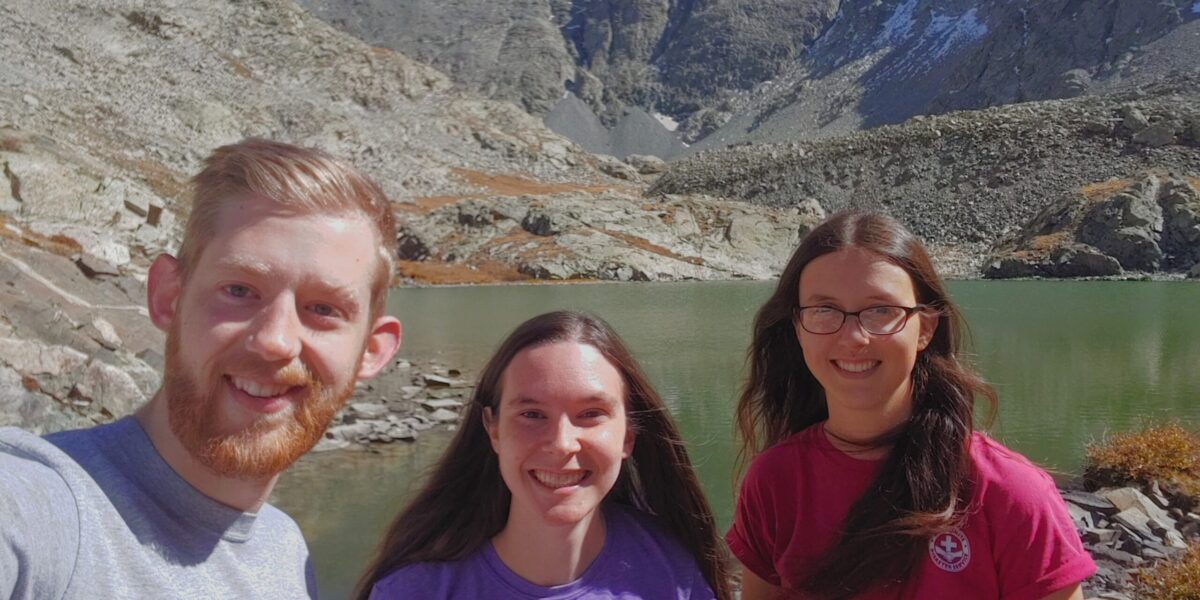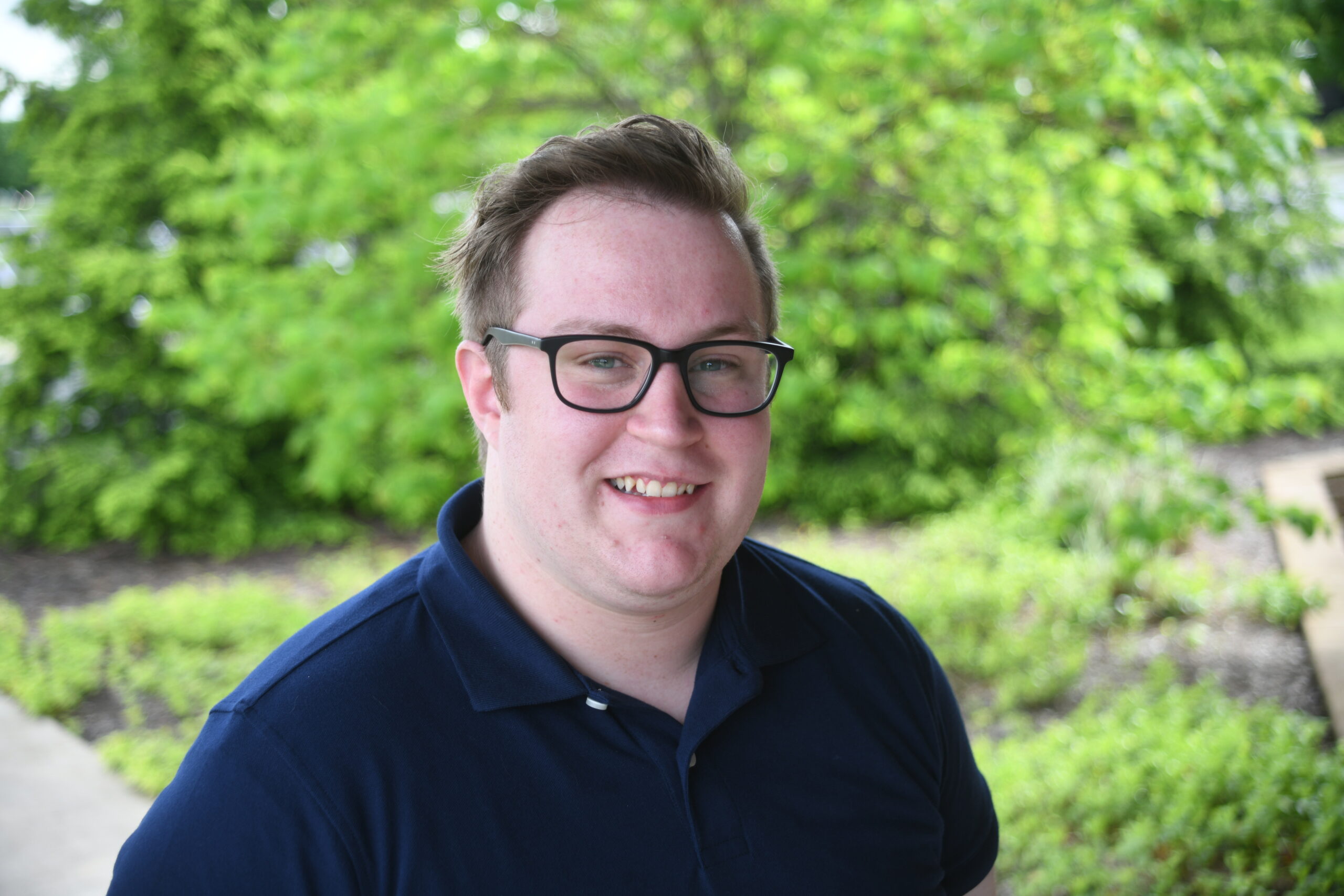Mennonite Voluntary Service has become a part of the community and the work of God in Alamosa, Colorado. For the past decade, MVS participants in Alamosa have worked in partnership with organizations that deal with restorative justice, immigrant rights, environmental sustainability and many other social issues. Some MVS participants have even stayed and joined in the harmonious community life.
MVS has had a long-running presence in Colorado. For the past 10 years, Alamosa has been home to an MVS unit. Before residing in Alamosa, the MVS unit started in La Jara, Colorado — a town 15 miles to the south. In the early 60s, Mennonites helped run the local county hospital. Because of this close connection, when the unit opened in 1983 (then called La Jara VS), most of the placements were in the hospital and the public health office.
In the early 90s, Mennonites had by-and-large pulled out of administering rural healthcare. Many Mennonites left the La Jara area. About a decade later, most participants at the La Jara unit served in placements in Alamosa. So, over the next several years, the unit and supporting committee transitioned physically to Alamosa. The new Alamosa MVS unit opened in 2011. A new, informal, house-sized church plant, the Anabaptist Fellowship of Alamosa, serves as the supporting congregation.
The location description for the Alamosa unit touts it as a place that is "reinventing rural life." Alice Price, the long-time local leader of the Alamosa unit, reaffirms this claim. "There is a group among young adults, now, who have renewed interest in … sustainable agriculture, local food systems and environmental concerns," Price said. "Alamosa is a … rural setting and has some really active outlets for new ways of thinking about rural life."
Though it is one of last non-urban MVS settings, Alamosa is robust and active. Alamosa is home to a state university and a two-year community college. It also has a vibrant local art and music scene. "For its size," Price said, "[Alamosa] has more going on than you might expect, if you just looked at a map."
Price said that Alamosa has many nonprofits that doing are an amazing range of innovative activities in the community. These nonprofits make great placements for MVS participants. Many of these organizations have close ties with the MVS unit, drawn from years of being consistently staffed by MVS participants. One such program is the Center for Restorative Programs (CRP), a nonprofit dedicated to bringing restorative justice practices and ideals into the local justice, school and community systems.
"MVSers have been extremely qualified and capable," said Luke Yoder, executive director of CRP. "They have been able to jump in and be meaningful parts of our team, from day one."
Yoder, himself, is a former MVSer, having served with CRP from 2004-2006. After leaving the community to pursue his master’s degrees, he returned in 2010 and took his current position as executive director of CRP. During the transition from La Jara to Alamosa, he was instrumental in acquiring the residence that now houses the MVS unit. It was a long process, he said.
The MVS unit house in Alamosa. Photo provided.
"Alice Price and our local support community worked intentionally with our strong and willing partners at the national MVS level to unwind all the relevant details," Yoder said.
Grantley Showalter, who served with CRP from 2017-2018, said he really likes the natural surroundings, including national parks and mountains. "I also formed a community of friends and have felt supported, as I have been able to pursue my passions," he said.
MVS is well represented in leadership in the local non-profit community, he continued. "I believe that this speaks highly of the collaboration between national MVS, the local MVS unit, and the local community writ large."
Flora Archuleta, executive director of the San Luis Valley Immigrant Resource Center, another nonprofit holding a long-term partnership with MVS, said, "All of the MVS volunteers have been dependable and a perfect fit with our organization. Working with MVS over the past twenty years has been smooth and enjoyable."
Emma Reesor served at the Alamosa unit from 2013-2015. She said that MVS played a pivotal role in her life. "It was through MVS that I was introduced to my current — and very rewarding— career, met my husband, and found the community that we now call home," Reesor said.
After serving for two years with the Rio Grande Headwaters Restoration Project (RGHRP), she was offered a paid position with the project and is now its executive director. She and her husband, John (also a former MVSer at the Boulder, Colorado, unit), have served as an informal host family for MVSers, helping them connect to the Alamosa community.
"I hope that each MVSer has a rich and fulfilling experience" Reesor said.
Yoder said that there have been a large number of MVS participants who have elected to stay a second year and then made the Alamosa community their permanent home. Yoder and Reesor both found their homes in Alamosa after they served with MVS. Most members of the Anabaptist Fellowship of Alamosa are former MVSers.
What makes Alamosa so special?
"The mountains of Colorado have a certain appeal," Price said. "Even though Alamosa is in a valley, the mountains are really close by. Often, the volunteers that come here are people that really enjoy the outdoors. Biking, hiking, skiing, snowshoeing, rock climbing are all pretty easily accessible."
A view of the San Luis Valley. Photo provided.
Current Alamosa MVSer Erin Kauffman serves as the Agriculture and Education coordinator at the Rio Grande Farm Park (read more about Kauffman’s MVS experience here). Kauffman finds the Alamosa community to be one of the most meaningful aspects of her time with MVS. "Even during the pandemic, the church community here, the people I have met through my placement, and other groups have found meaningful and safe ways to support each other and our community," Kauffman said.
"MVS is a great opportunity to explore something that’s meaningful to you, while having an active community of support investing in you," Kauffman said. "It leads to meaningful personal and professional connections to help you as you continue your journey."










